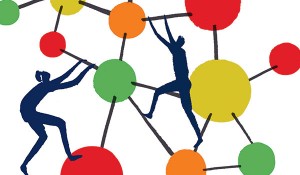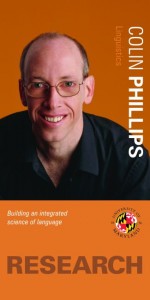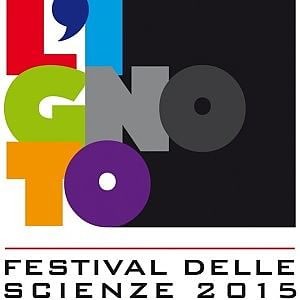July 20 to 31, 2015, Berlin, Germany, Wissenschaftskolleg and ZAS
July 18 to 29, 2016, National Humanities Center, Research Triangle Park, North Carolina
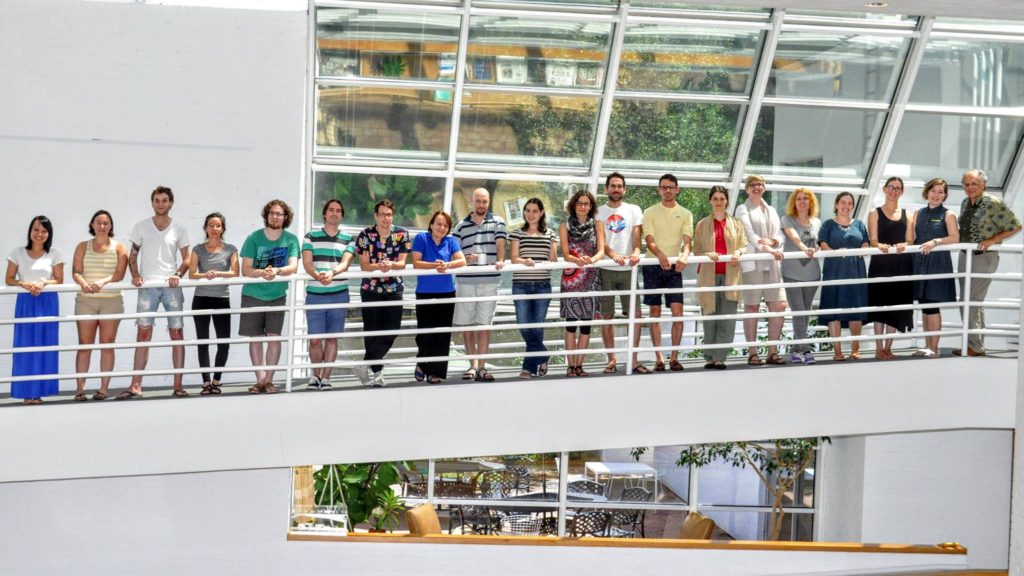
The Summer Institute attracted 20 early-career researchers (PhD between 2009 and 2015) with one of three areas of specialization: (a) Theoretical Linguistics, especially Semantics and its interfaces, (b) Cognitive Psychology and Cognitive Neuroscience, and (c) Linguistic Fieldwork. One goal of the Summer Institute was interdisciplinary team building, resulting in joint projects, presentations, and publications. A second goal was capacity building, especially exposure to methods in the neighboring fields.
Conveners
Angelika Kratzer, Professor of Linguistics, University of Massachusetts at Amherst.
Manfred Krifka, Professor of General Linguistics at Humboldt Universität Berlin and Director of the Zentrum für Sprachwissenschaft, Berlin (ZAS).
Guest lecturers
Emmanuel Chemla, Research Scientist (CNRS), Laboratoire de Sciences Cognitives et Psycholinguistique, École Normale Supérieure, Paris.
Lisa Matthewson, Professor, Department of Linguistics, University of British Columbia.
Jesse Snedeker, Professor, Department of Psychology, Harvard University.
Malte Zimmermann, Professor of Semantics and Theory of Grammar, Universität Potsdam.
The program
SIAS Summer Institutes are designed to support the development of scholarly networks and collaborative projects among young scholars from the United States and Europe. The institutes are open to scholars who have received a Ph.D. within the past five years and Ph.D. candidates who are now studying or teaching at a European or American institution of higher education. Each institute accommodates twenty participants and is built around two summer workshops, one held in the United States and another in Europe in consecutive years. More info about SIAS Summer Institutes. And more info about the 2015 – 2016 SIAS Summer Institute.
Sponsors and administration
SIAS Summer Institute are sponsored by SIAS (Some Institutes for Advanced Study). In the United States the 2015/16 Summer Institute was administered by the National Humanities Center. In Europe it was administered by the Wissenschaftskolleg zu Berlin. The program was made possible by grants from the Andrew W. Mellon Foundation and the Alexander von Humboldt Foundation.
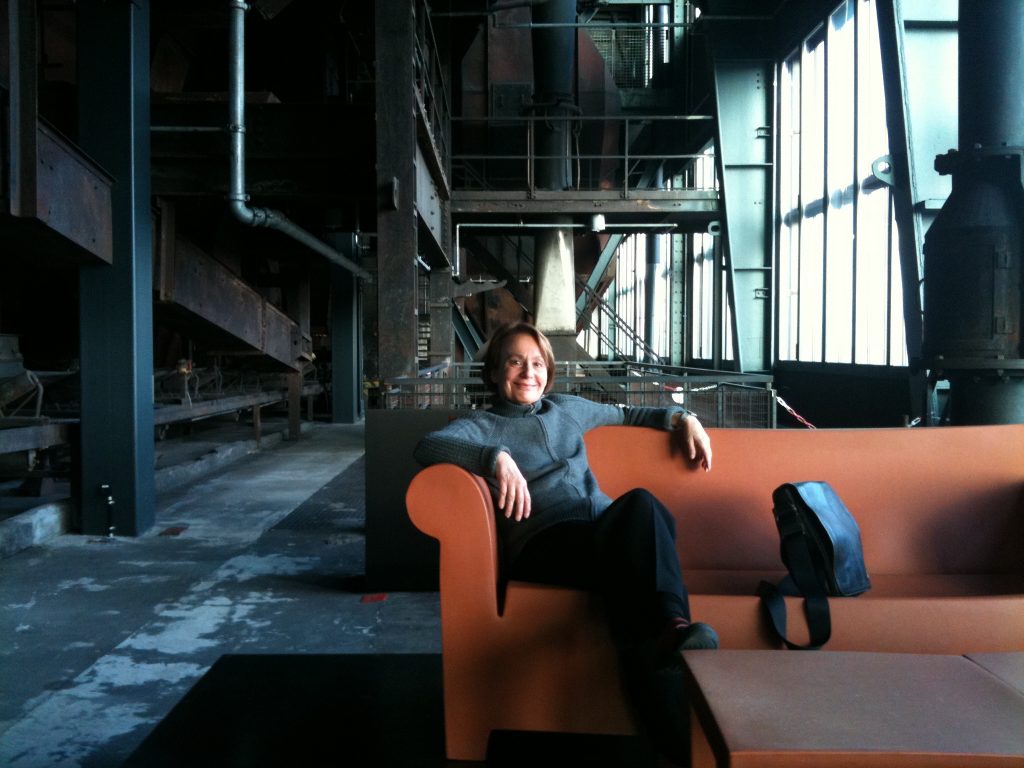


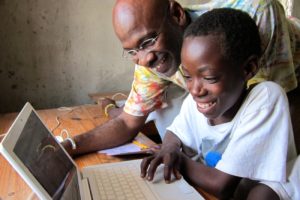 The Linguistic Society of America (LSA) has provided input to the United Nations on the linguistic rights of children
The Linguistic Society of America (LSA) has provided input to the United Nations on the linguistic rights of children